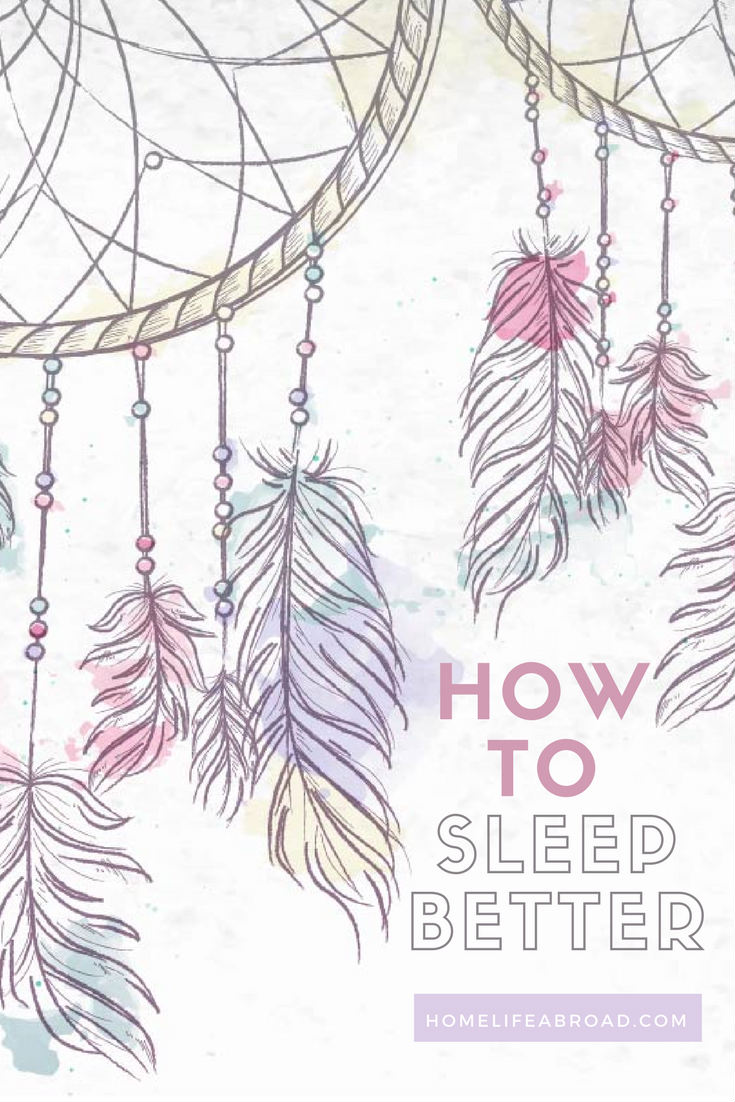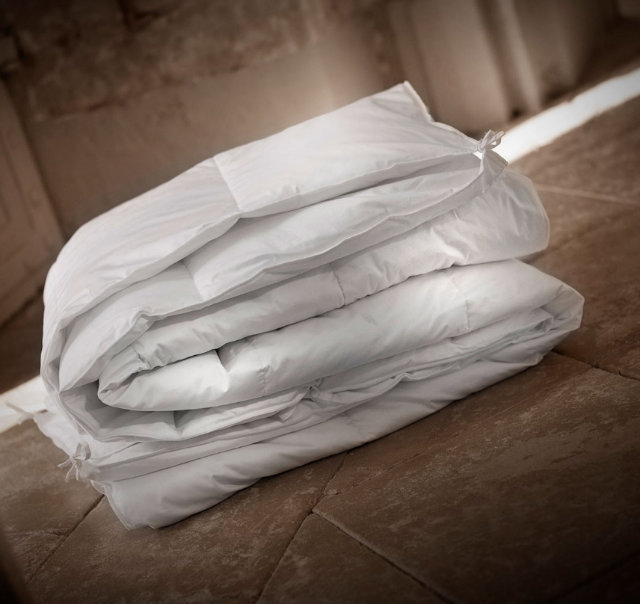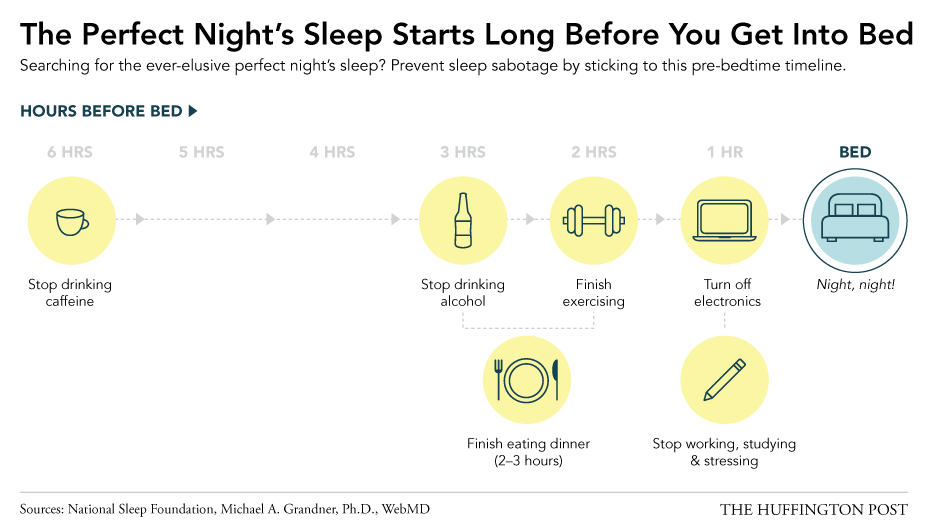I don’t know if it’s spring tiredness, not getting enough of sleep, or just laziness, but lately, I feel tired in the mornings and throughout the day too. I had my blood work done to see if I have a mineral or a vitamin deficiency but everything came back OK. So there has to be another kind of factor that does not let me get enough quality sleep during the night.
So, to sleep better I have decided to make some changes and see if they help.

Create a routine
Like for kids, it’s important for adults to have a bedtime routine too! Go to sleep and get up at the same time every day, even on the weekends. Adults need 7-9 hours of sleep per night, determine the time you have to wake up every morning and calculate the time you have to go to sleep at night. I usually go to bed at 11 and wake up between 6 and 7.
Creating a bedtime routine is not just about the time you go to sleep and wake up, but it also involves the things you do before you go to bed. I really like this pre-bedtime timeline infographic!
Improve The Sleeping Space
The bed should be only for sleeping and intimacy, that way your brain relates the bedroom with sleeping and it’s easier to relax and go to sleep.
The bed
Ideally, you should spend 7-9 hours in your bed, so it’s essential to have the most comfortable bed possible. When you constantly feel run down, it is a good sign you are not sleeping enough. Even if you think you are getting plenty of rest, low-quality sleep might keep your body and mind from actually resting as much as they need to.
- Start with the mattress and find the most complacent and supportive one. Doing some research and reading guides to mattress stores can help you pinpoint the best mattress sources in your local area.
- It is important to test mattresses locally because you cannot know how a mattress feels until you rest on it.
- In-person mattress shopping also allows you to speak to sales agents who know specific details about each type of mattress. They can show you mattresses most likely to alleviate your sleep difficulties based on the information you provide.
- My husband has back problems, so it took us weeks of visiting mattress shops and trying different options to find the best one we also added a duck feather featherbed on top of our mattress to add additional softness and comfort.
- Pillows and duvets are important too! When choosing beddings, keep in mind any medical problems (allergies, neck pain, etc.) you might have and choose accordingly. Luxury pillows filled with duck/goose down or synthetic hypoallergenic materials give your head and neck the needed support. Duvets too come with natural or synthetic fillings but remember that you might need different duvets depending on the season.

We are using a hotel duvet similar to the one featured in the image. It consists of 2 duvets that can be used separately or together depending on the season.
Temperature and Light
If possible, keep the bedroom’s temperature controlled. It seems that the optimal temperature for sleeping is between 16º-20ºC (60º-68ºF). While during the winter these optimal temperatures are easily reachable here, I really struggle with keeping the bedroom cool enough during the summer. We are using the fan at the moment but are considering installing an air conditioner.
Another important factor that influences sleep is light. So it’s necessary to keep your bedroom as dark as possible during the time you are sleeping. We have installed darkening shades on all of our windows and the difference is remarkable.
Keep Electronics Out Of Bedroom
I have noticed that when I leave my phone on the nightstand even if turned off, I sleep worse. So I keep my phone in another room and always turned off during the night. All devices that emit light are promoting wakefulness and make it harder to fall asleep, so It’s better to keep the TV, laptops, phones, and tablets out of the bedroom.
Do you sleep well? Any tips to sleep better?
*The unedited dream catcher image is designed by Freepik.






These are some great tips!!! I’m a horrible sleeper. I need to start locking my phone in the other room when it’s bed time
These are awesome tips! Falling asleep is one of the hardest things for me to do!
I only have trouble sleeping if I take a nap during the day. Otherwise, I can fall asleep easily.
UGH I need all of the tips I can get!! We’ve been sleeping poorly lately, so I’m going to take some of these and see if we can get a better night’s rest. Thanks!
I had the worst time sleeping last night because I guess somehow I turned the heat up to high and didn’t realize it. I turned it down but by that time it was 3am and I thought it was just my fleece blanket. Ugh! Today is a new today! I gotta get some sleep tonight! I did keep grabbing my one too, so I need to start leaving that in another room.
Thinking about it, I should have a routine everyday to improve on my sleeping habits too. So thanks for your tip and the infographic.